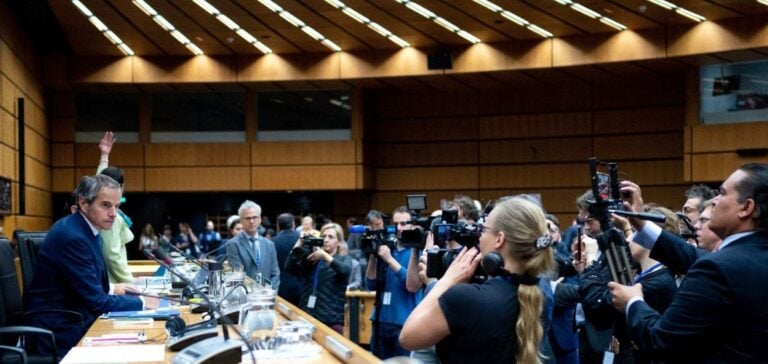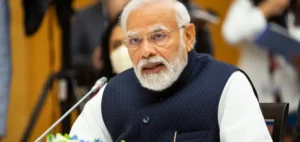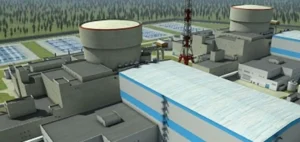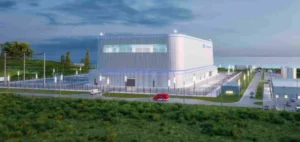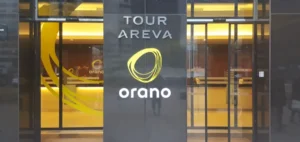The International Atomic Energy Agency (IAEA) recently adopted a tough resolution against Iran in response to the escalation of its nuclear program. This decision, supported by 20 of the 35 members of the Board of Governors, was driven by London, Paris and Berlin (E3). It underlines growing concern at the lack of credible answers to the question of uranium traces detected at two undeclared sites in Iran. In May 2024, Iran’s uranium enrichment rate was 30 times higher than the threshold imposed by the IAEA.
Despite initial reluctance on the part of the United States, fearing an exacerbation of tensions in the Middle East, the latter eventually voted in favor of the resolution. However, Russia and China voted against, while 12 countries abstained. This initiative marks the first such resolution since November 2022, and broadens the range of grievances against Iran.
New points of contention
In addition to the persistent problems linked to the lack of transparency at certain nuclear sites, the resolution addresses two new areas of concern. It demands that Iran reinstate the accreditation of its most experienced inspectors and immediately reactivate the deactivated surveillance cameras. These measures are designed to increase pressure on Iran, which has considerably reduced its cooperation with theIAEA.
This resolution, although symbolic at this stage, could precede a referral of the dispute to the UN Security Council, which could impose sanctions. However, the position of Russia and China, close to Iran, complicates this eventuality.
Reactions and outlook
Teheran strongly criticized the resolution, calling it counterproductive and unfounded. Iran threatened to retaliate, without specifying the nature of its response. Although Iran denies that it intends to acquire nuclear weapons, Europeans and the IAEA are expressing growing concern about its enrichment of uranium to 60%, a level close to that required for a nuclear bomb.
The talks in Vienna highlighted Iran’s nuclear advances, “unprecedented for a non-nuclear-weapon state”. Iran is the only non-nuclear-weapon state to enrich uranium to this level, a fact that seriously undermines international security and the global non-proliferation architecture.
Towards a diplomatic solution?
The Islamic Republic has gradually broken away from its commitments under the 2015 international agreement, known by its acronym JCPOA, following the unilateral withdrawal of the United States in 2018 under President Donald Trump. Efforts to revive this agreement failed in the summer of 2022.
In a joint statement, Iran, Russia and China called on Western countries to take steps to enable a return to the JCPOA, stressing the need for political will to resolve the crisis. However, the prospects of a diplomatic solution remain uncertain, exacerbating international tensions and posing major challenges to global security.


